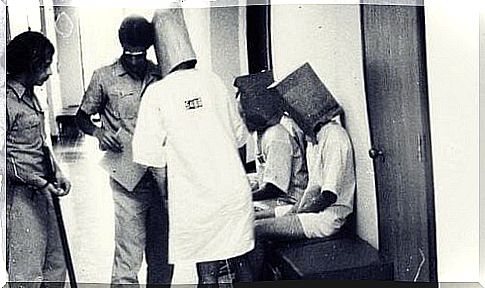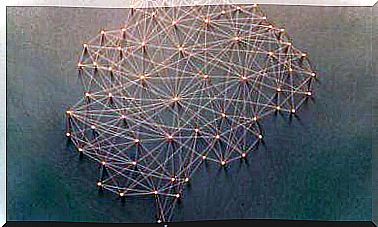Avoid Bad Research Practice With Pre-registration

Investigations must be conducted in ethical ways. Researchers must adhere to ethical standards that ensure the validity of their research. In the past, however, some researchers have used poor research practice. These methods mainly consist of committing small violations in order to be able to continue with the survey and eventually publish it.
The goal of modern research dynamics is to publish results. This goal can put negative pressure on researchers. Therefore, it is common for many of them to resort to poor research practices. There have been some very striking cases throughout history, such as the Stanford Prison Experiment and the Diederik Stapel case.

Big scammers
The Stanford Prison Experiment is one of the most famous social psychological experiments. However, some recordings showing the poor research methods used to perform this experiment were discovered. For example, they relied on anecdotal evidence, trained the guards, made implicit demands, and misinterpreted the results. Ever since everything came to light, people have discussed whether this study should still be included in textbooks.
Diederik Stapel was Professor of Social Psychology at the University of Tilburg. In 2011, it was discovered that Stapel had falsified data from many of his studies. Instead of using participants in the studies, Stapel had invented data in such a way that he always got the results he expected.
These bad research practices were unknown to his students, who trusted their teacher. This was until one of his Ph.D. students thought it was strange that he always got the results he expected. From that moment on, everything fell apart.
Poor research practice
Although these cases came to light, they are in the minority. Most bad research methods are more subtle. Here are the most common bad research methods:
- P-hacking : To test the hypotheses of statistical analyzes, researchers use the p-value, which is usually 0.05. However, when they use many variables and experimental conditions, this value can be biased. Therefore, the recommendation is to reduce it, as researchers should do before conducting the study.
- Low effect : A small sample size can cause the study to have a low statistical effect. In turn, low power is likely to lead to a false positive. In other words, the research will suggest something that does not really exist.
- HARKING : It consists in changing the hypothesis when the researchers see that the results are not what they originally expected.
What is pre-registration?
One solution to such poor research methods is pre-registration. Pre-registration consists of making the goals of the study and the methods the researchers will use public. Therefore, everyone can verify that the researchers have conducted the study ethically, or as they stated in advance.
Pre-registration is very easy. There are websites that can help you, such as the Open Science Framework (OSF) . On this page you will find various pre-registration templates. In the same way, you can upload all the study material (databases, questionnaires, additional material, etc.) and make it public in a simple way.

How can one pre-register to avoid bad research practice?
As mentioned, various pre- registration templates can be found in the Open Science Framework . Some ask for more information than others. If we take one of the simplest templates called AsPredicted as an example, the sections you need to fill out are:
- Data : If you have already collected the data or want to collect it after pre-registration.
- Study hypothesis : Explain the hypothesis you want to test.
- Variables : What the study variables are and how you measure them.
- Conditions : The conditions you want to assign to the participants (for example, control and experimental).
- Analysis : The analysis you want to do once you have collected the data.
- Observations : The number of observations you want to collect. In other words, the number of participants that you need.
By making the data in the studies public, they are visible to everyone. This reduces the possibility of using poor research methods. Although pre-registration takes longer since you have to think about what to examine, many people do. In addition, it allows science to be more transparent.









